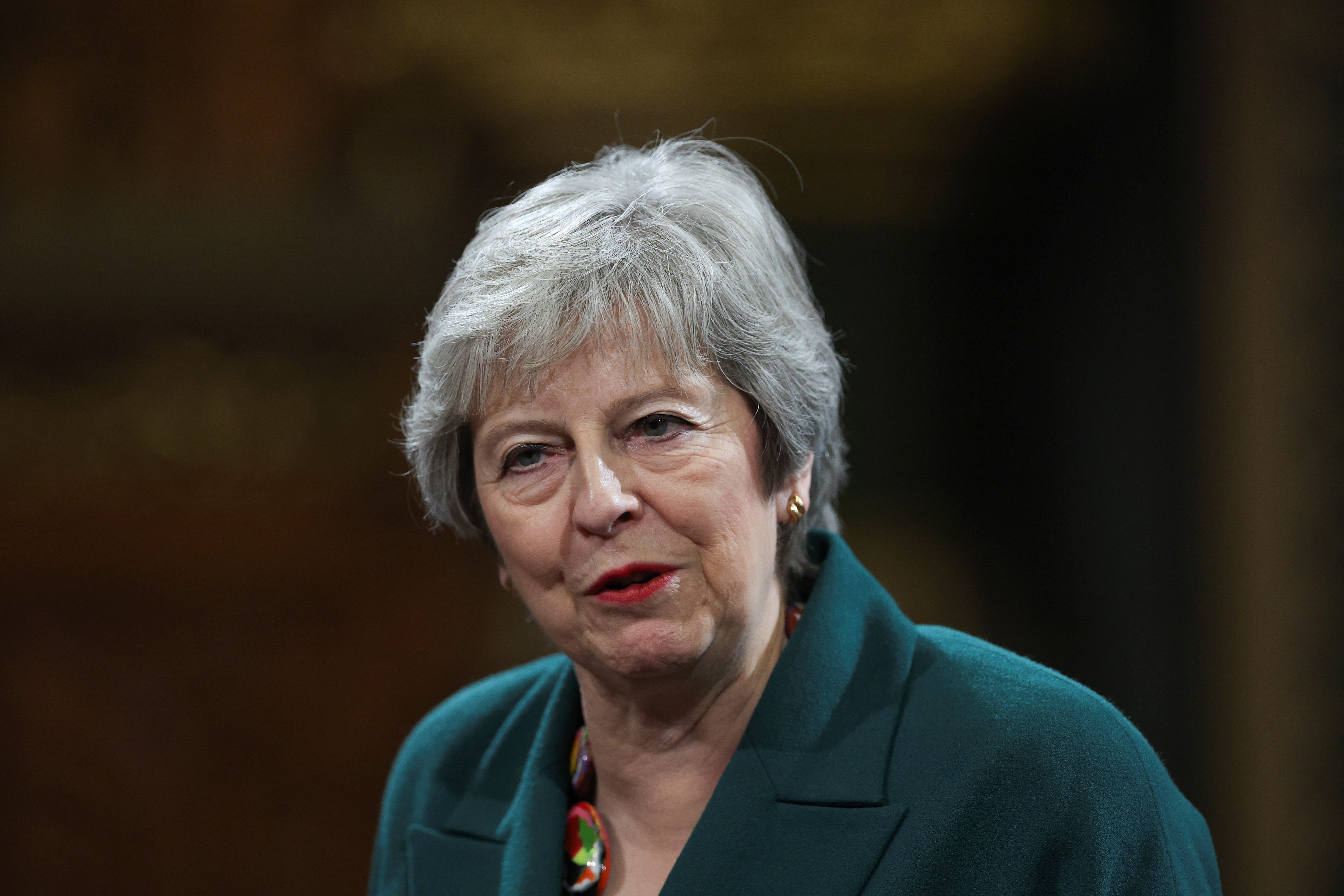Of all the hallucinations of the Brexit deadlock period, the vision of Dominic Cummings dining at Dishoom off Kingsland Road in east London with Jeremy Corbyn’s advisers, Matt Zarb-Cousin and James Schneider, is like a fever dream.
But no, it really happened, and is revealed by Patrick Maguire and Gabriel Pogrund in their book on Labour’s path to power, Get In, to be published this month. In early 2019, Cummings, the wild genius of the Leave campaign, wanted to help Corbyn become prime minister to save Brexit.
This may seem to be another curio of those extraordinary few years of British parliamentary history. The House of Commons rejected Theresa May’s terms for leaving the EU, yet it refused to leave without a deal and it refused to allow a general election.
Much of what happened in that nightmare of paralysis now seems irrelevant. The meaningful votes, the indicative votes, the backbench MPs passing legislation against the wishes of the government, the prorogation struck down by the Supreme Court – all swept aside and forgotten when Boris Johnson finally broke the logjam and forced an election.
But Cummings’s shocking plan to persuade Labour MPs to vote for May’s deal and split the Conservative Party still matters for the future – particularly for the debate in the Labour Party about a closer relationship with the EU.
At the time, in 2019, I had many conversations with Labour MPs who felt that they ought to vote for May’s deal for fear of ending up with worse – which is precisely what happened. They could have had a “soft” Brexit, but too many of them were distracted by the possibility of stopping Brexit altogether, or they came under pressure from their activists to demand a second referendum.

Corbyn himself resisted that pressure for a long time. As a lifelong opponent of EU membership, he tried to keep alive the case for a “Labour” Brexit in a party that was strongly pro-EU, before he was eventually outmanoeuvred by Keir Starmer, his shadow Brexit secretary.
Hence Cummings’s desperate plan. What is remarkable about it is that he saw at the time another of the advantages for Labour of backing May’s deal: that it would split the Tory party. Yet he didn’t care. He wanted to get Britain out of the EU, and if that meant a Labour government and Corbyn as prime minister, so be it.
He saw things more clearly, it must be said, than some of May’s advisers did. Another vivid memory of that period was a conversation with someone in No 10 who asked me why Labour MPs wouldn’t back her deal – “They really ought to, you know.”
I agreed, but I did not point out that, if they did, it would destroy the Tory party. A large contingent of Tory MPs would have continued to oppose the deal, depriving May of her majority. She might have continued as prime minister to oversee our departure from the EU, but she would have to rely on Labour votes in the Commons. She would have been a mirror-image of Ramsay MacDonald, a Labour prime minister at the head of a Conservative government.
Or – and this was Cummings’s view – the Tory split would have forced a general election, which Labour might have won on a promise to save the NHS. “You get Brexit through,” he texted Zarb-Cousin, and there would be a “high chance of government collapse and election pre-August, but Tory civil war guaranteed for years in any scenario”.
What is of interest to historians is Cummings’s contempt for Boris Johnson in this period. When May announced her resignation in May, he texted Zarb-Cousin again: “The destruction of the Tories proceeds apace, comrade. Boris is their last gasp at ignoring reality. When that fails … kaboom.”
Within weeks he was chief adviser to the new prime minister and central to his successful effort to “Get Brexit Done”. But it was no wonder that their relationship broke down soon afterwards.
What matters to the future, though, is that Cummings was right not to care about the precise form that Brexit took. The British people voted to be out of the political structures of the EU and the free movement area. Theresa May’s deal would have secured those objectives, while keeping us in a close trade relationship including a customs union.
It would have been a compromise, but given the closeness of the referendum result, it would have better respected the will of the people. It was no accident that, when the Commons held those indicative votes to try to break the deadlock, the customs union option, proposed by Ken Clarke, the Tory former chancellor, won the most support.
Keir Starmer should take his cue from Cummings in pursuing his EU “reset”. He should seek a customs union with the EU. The director of the Vote Leave campaign supported it.

